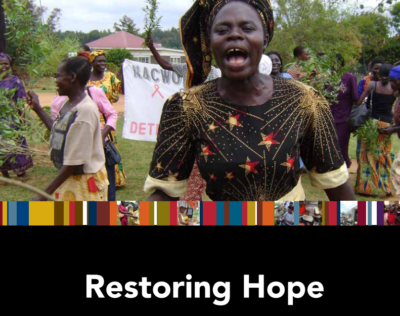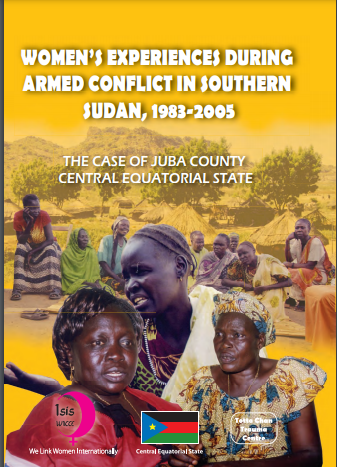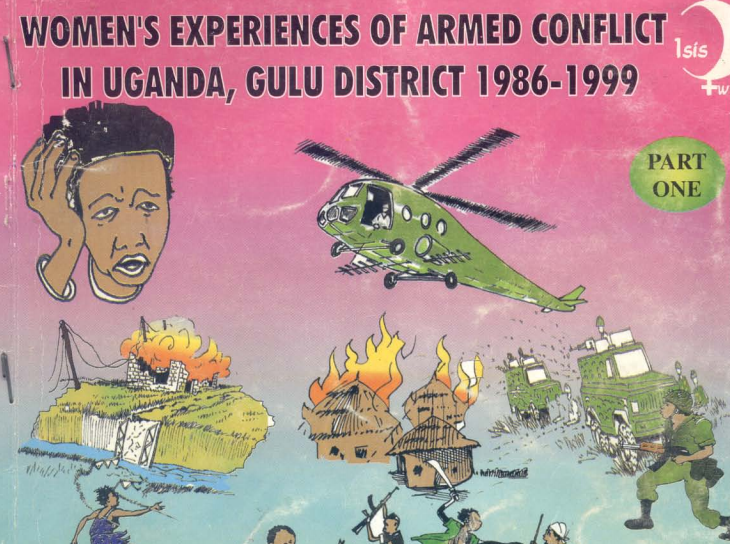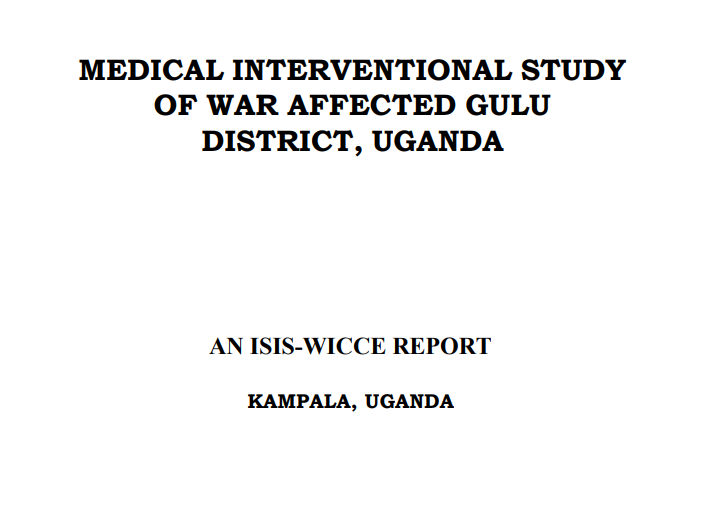A Report on Access to Justice for Rape Survivors in Nepal, 2007-2010.
The report examines the extent to which survivors of rape and sexual violence access justice in Nepal as well as the response mechanisms that are in place to address the concerns of rape survivors. The study covered the 10 districts of Morang, Dhanushs, Kailali, Udayapur, Kavrepalanchowk, Kathmandu, Baglung, Dailekh, Dolakha and Darchula.
The findings show that the reporting and documentation of rape cases is still very marginal. An average of 443 cases in a year reflects a high prevalence ofrape if systems were conducive for survivors to report. The analysis further indicates that rape is deeply entrenched national problem that transcends class, caste, ethnicity, age, economic, educational, geographical and religious status.







